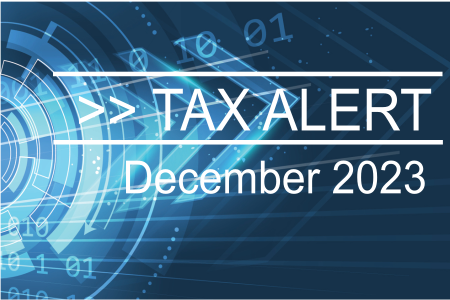Withdrawing part of your superannuation fund balance then paying it back into the account, known as a recontribution strategy, may sound a little strange but it could deliver a number of benefits including reducing tax and helping to manage super balances between you and your spouse.

Your super is made up of tax-free and taxable components. The tax-free part generally consists of contributions on which you have already paid tax, such as your non-concessional contributions.
When this component is withdrawn or paid to an eligible beneficiary, there is no tax payable.
The taxable component generally consists of your concessional contributions, such as any salary sacrifice contributions or the Super Guarantee contributions your employers have made on your behalf.
You may need to pay tax on your taxable contributions depending on your age when you withdraw it, or if you leave it to a beneficiary who the tax laws consider is a non-tax dependant.
How recontribution strategies work
The main reason for implementing a recontribution strategy is to reduce the taxable component of your super and increase the tax-free component.
To do this, you withdraw a lump sum from your super account and pay any required tax on the withdrawal.
You then recontribute the money back into your account as a non-‑concessional contribution. If you withdraw this money from your account at a later date, you don’t pay any tax on it as your contribution was made from after-tax money.
The recontribution doesn’t necessarily have to be into your own super account. It can be contributed into your spouse’s super account, provided they meet the contribution rules.
To use a recontribution strategy you must be eligible to both withdraw a lump sum and recontribute the money into your account. In most cases this means you must be aged 59 to 74 and retired or have met a condition of release under the super rules.
Any recontribution into your account is still subject to the current contribution rules, your Total Super Balance and the annual contribution caps.
Benefits for your non-tax dependants
Recontributing your money into your super account may have valuable benefits when your super death benefit is paid to your beneficiaries.
A recontribution strategy is particularly important if the beneficiaries you have nominated to receive your death benefit are considered non-dependants for tax purposes. (The definition of a dependant is different for super and tax purposes.)
Recontribution strategies can be very helpful for estate planning, particularly if you intend to leave part of your super death benefit to someone who the tax law considers a non-tax dependant, such as an adult child.
Otherwise, when the taxable component is paid to them, they will pay a significant amount of the death benefit in tax. (Your spouse or any dependants aged under 18 are not required to pay tax on the payment.)
Some non-tax dependants face a tax rate of 32 per cent (including the Medicare levy) on a super death benefit, so a strategy to reduce the amount liable for this tax rate can be worthwhile.
By implementing a recontribution strategy to reduce the taxable component of your super benefit, you may be able to decrease – or even eliminate – the tax your non-tax dependant beneficiaries are required to pay.
Watch the contribution and withdrawal rules
Our retirement system has lots of complex tax and super rules governing how much you can put into super and when and how much you can withdraw.
Before you start a recontribution strategy, you need to check you will meet the eligibility rules both to withdraw the money and contribute it back into your super account.
If you would like more information about how a recontribution strategy could help your non-dependants save tax, give our office a call today.
Did you enjoy this article?
Click below to share it
More News Articles

What the 2025 Federal Budget Means for you
Treasurer Jim Chalmers’ fourth federal budget
was just announced

Retirement Planning: It’s Not all About the Money
Retirement is often a massive life change for the majority of people who experience it

FBT – How Fringe Benefits Tax Works
FBT is separate to income tax. It’s calculated on the taxable value of the fringe benefit

Tax Alert December 2023
The ATO is getting back to business with it’s lenient approach during the pandemic over, it’s focus now is returning to traditional debt collection

How a Super Recontribution Strategy Could Improve Your Tax Position
The main reason for implementing a recontribution strategy is to reduce the taxable component of your super and increase the tax-free component

Rental investor? How to Get Your Tax Return Right
Extra care is needed when lodging returns with rentals
Connect Through our Socials
While you may have come to us from a variety of sources, the time has never been better to join us.
Connect through out socials to keep up to date with our latest news and get some tips.




